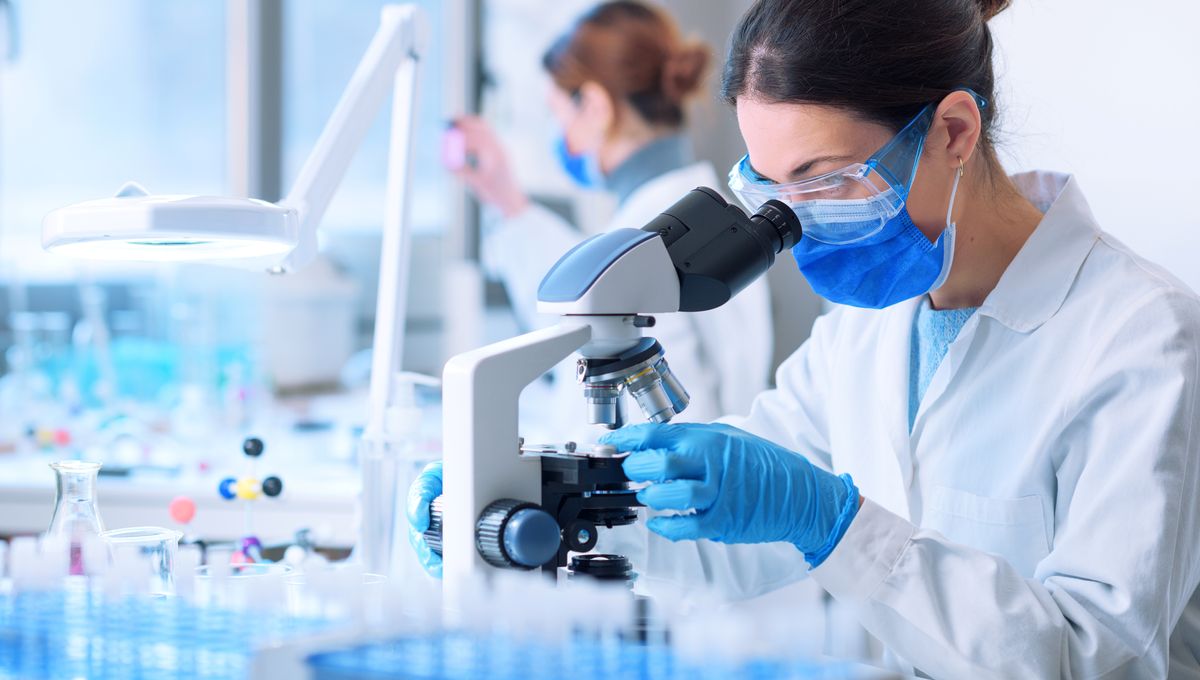
In what is being hailed as a “groundbreaking achievement” for Uruguay and South America, a weight loss drug has successfully completed its Phase I human trials. The drug is the first to have been completely developed in the country, and operates by burning calories by generating creatine-based heat without impacting patients’ appetites. The drug is showing promising results as a treatment for obesity and type 2 diabetes.
The compound, known as SANA, was developed by Eolo Pharma, a startup founded by scientists from the Institut Pasteur de Montevideo and the University of the Republic (Udelar). Having initially shown positive effects in laboratory mice studies, the scientists were keen to show that it was also safe for human use too. The results of the trial show that it was well-tolerated by humans and led to a reduction in both body mass index and blood glucose levels in the 44 participants who took part in the trial.
Many existing weight loss treatment, like GLP-1 receptor agonists, work by suppressing appetite, but SANA actually boosts the body’s energy burning capacity. During lab tests, the drug preserved lean muscle mass while reducing fat mass. Although the Phase I trials were designed to test the drug’s safety for human use, the initial results indicate that, among the participants taking the maximum dose, an average of around 3 percent body weight was lost in only two weeks when compared to a placebo. Importantly, the participants did not experience any muscle wastage, and their appetite was not impacted, which is something that occurs with GLP-1s.
“This result opens a completely new therapeutic pathway for obesity and metabolic disorders – one that complements GLP-1 therapies but focuses on enhancing the body’s energy-burning capacity rather than just suppressing appetite,” Carlos Escande, Eolo Pharma member and researcher at the Institut Pasteur de Montevideo, said in a statement.
GLP-1 drugs have been in the news a lot in recent years, but SANA operates through a completely different mechanism to examples like Ozempic. This new therapy triggers a form of internal thermogenesis which essentially burns fat cells so they have to release more energy while at rest (meaning no need for a heavy gym session).
The results of Phase I now pave the way for the next round of clinical trials which will begin towards the end of the year and will include more participants, including those with type 2 diabetes. If future research confirm its efficacy, SANA may become available more widely.
This work is the outcome of over a decade’s worth of research. An important point in this story was the identification of a molecule with therapeutic potential. This was nitroalkene, a derivative of salicylate, one of a group of naturally occurring compounds found in plants (and the active component in aspirin). Nitroalkene is responsible for kicking the body’s fat-burning activities into a veritable furnace.
“This success is the result of a multidisciplinary effort involving academic teams from the Institut Pasteur de Montevideo and Udelar, supported by sustained funding from national public agencies such as ANII and CSIC,” Escande added. “That support enabled science to move forward, resulting in patents, the creation of a startup, and attracting both national and international private capital. Bridging the public and private sectors allowed us to bring value to our product, create local jobs, and fund more research – which ultimately means better science.”
“It’s another example of how the journey itself is also the reward.”
The study is published in Nature Metabolism.
Source Link: "Groundbreaking" Obesity Treatment That Turns Up The Heat On Fat Cells Passes Phase I Clinical Trials